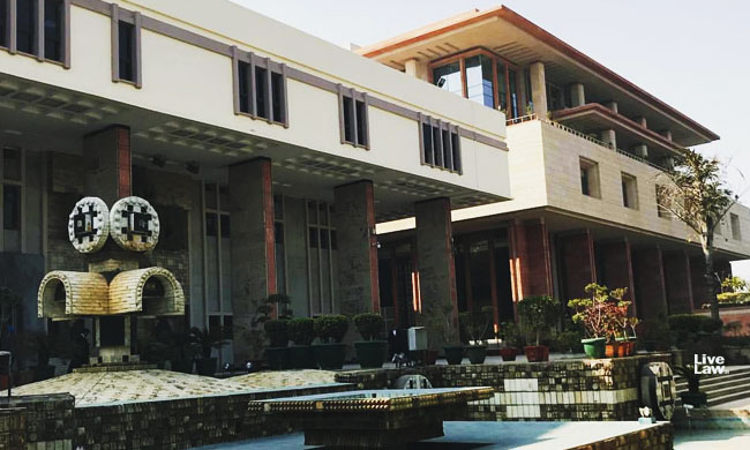The Delhi High Court has observed that summoning of an accused in a criminal case is a serious matter and that the Criminal law cannot be set into motion as a matter of course. Justice Chandra Dhari Singh further added that a Magistrate is the silent spectator at the time of recording of preliminary evidences before summoning of the accused and must carefully scrutinize the evidence brought...

